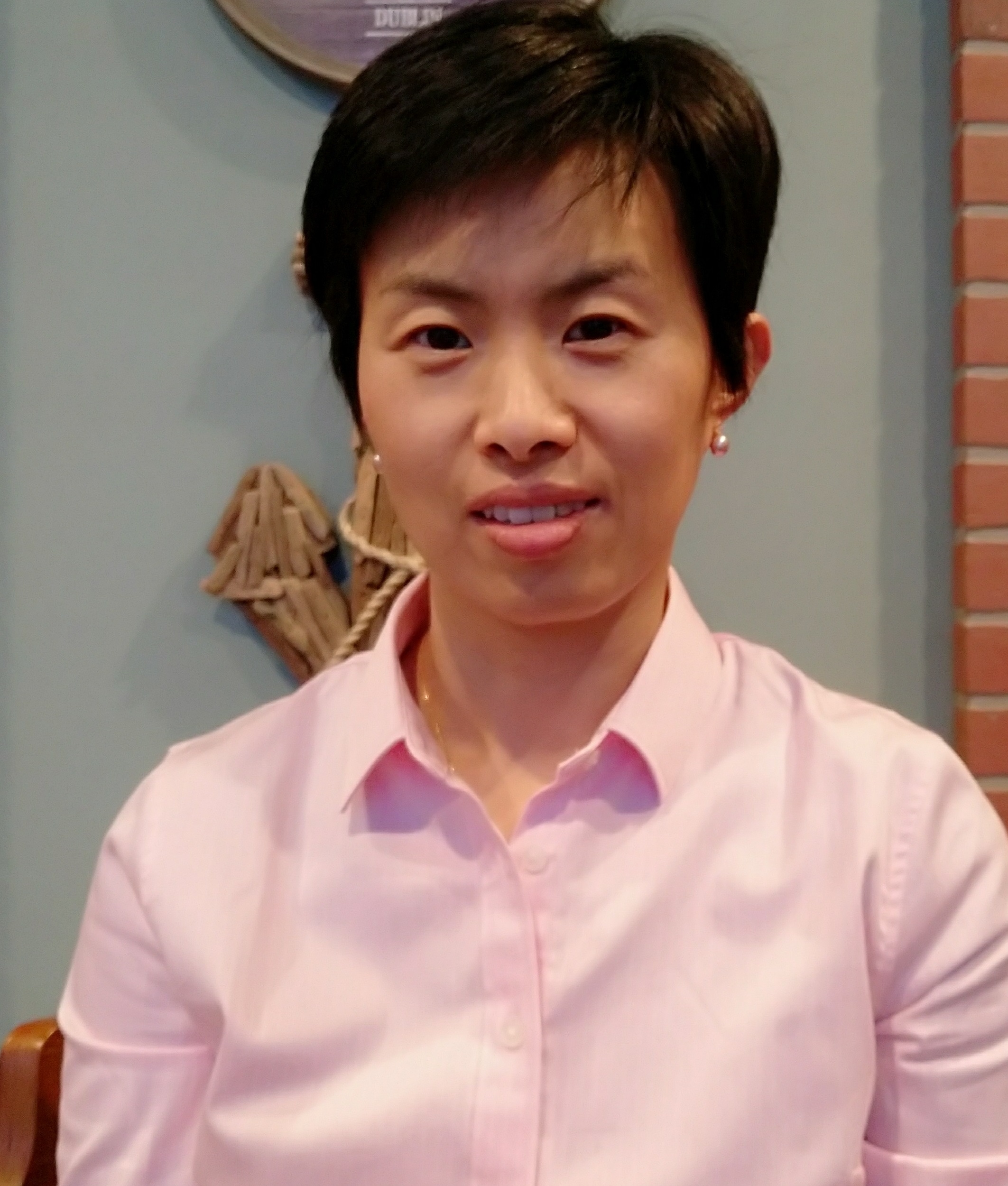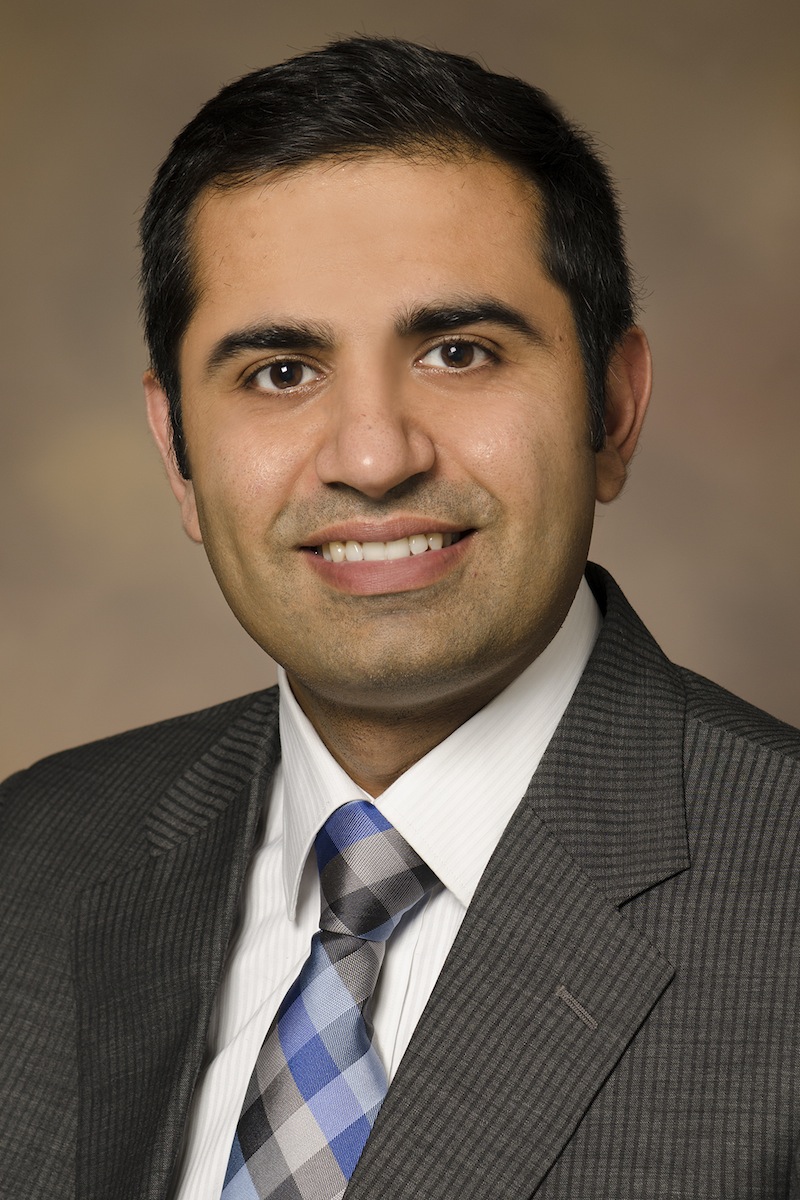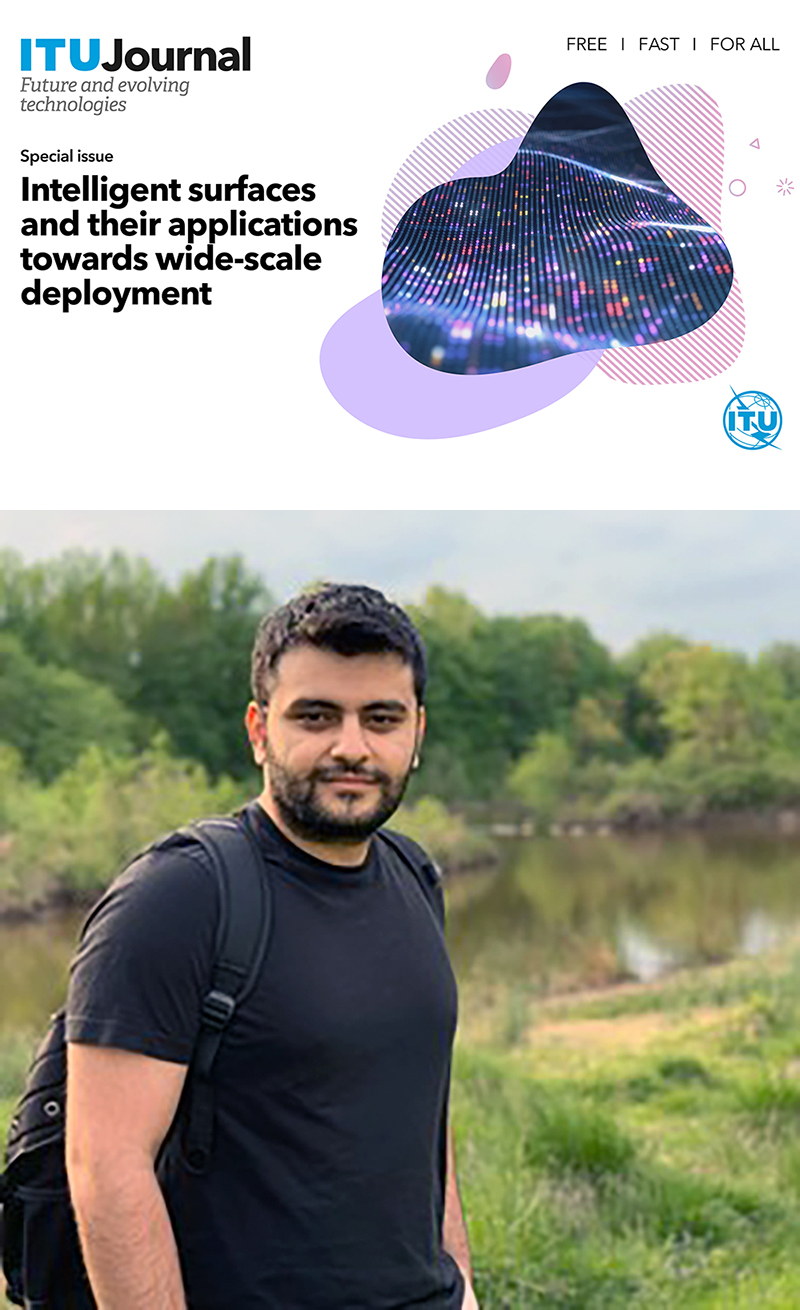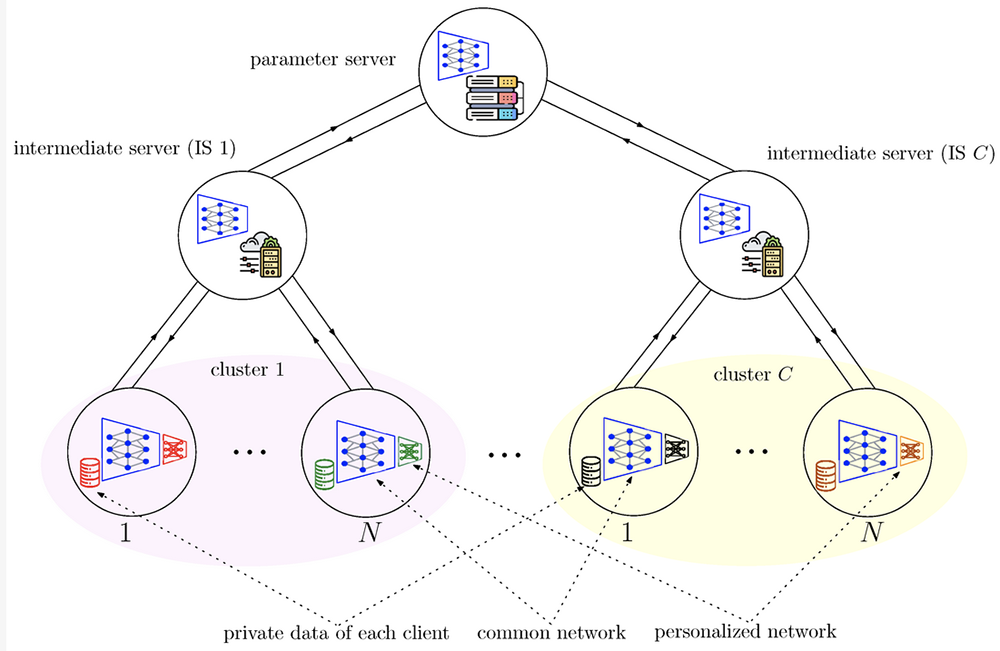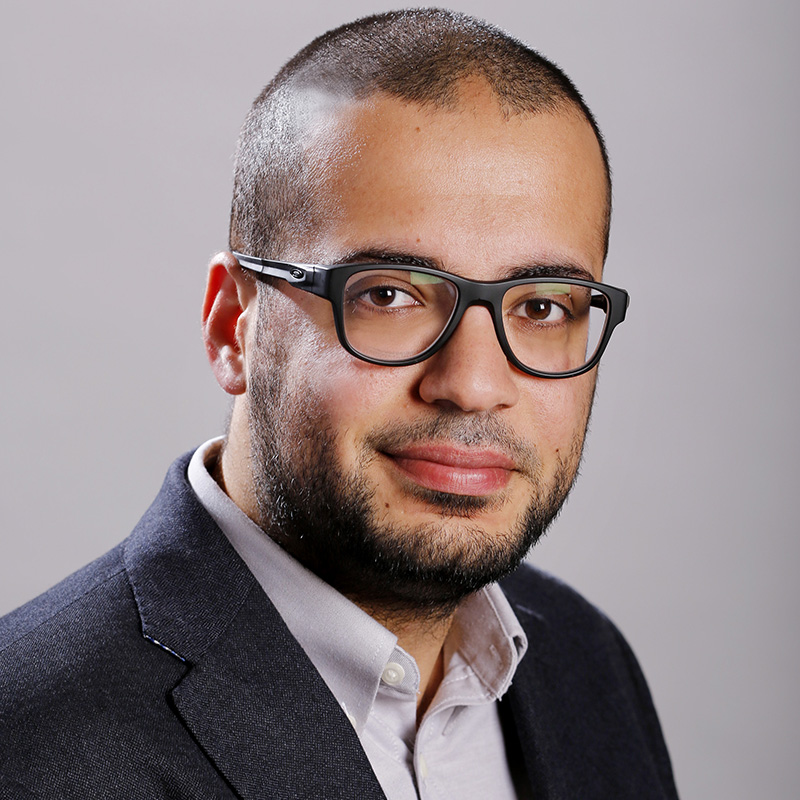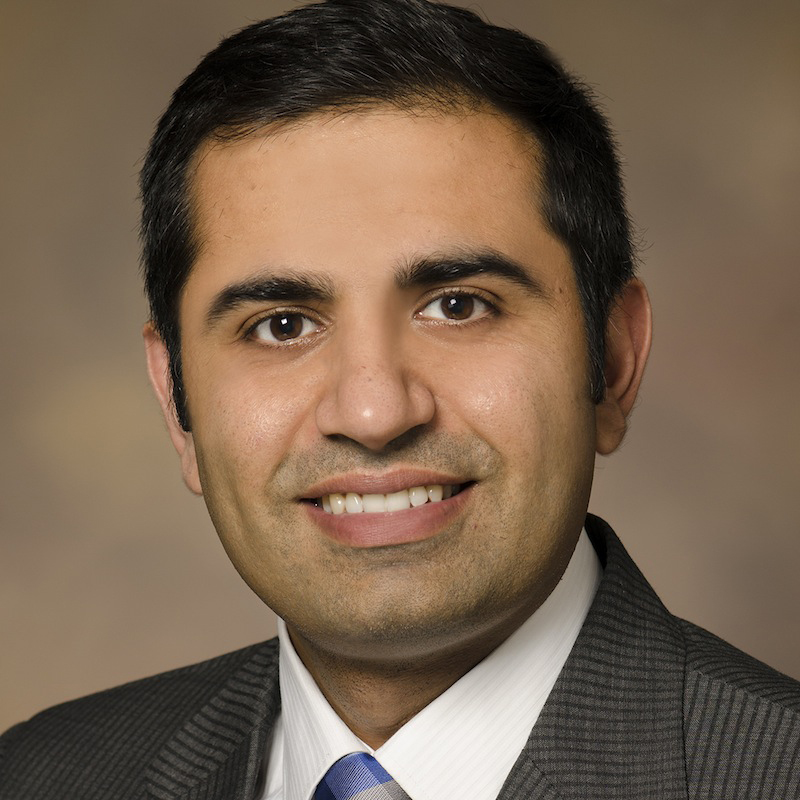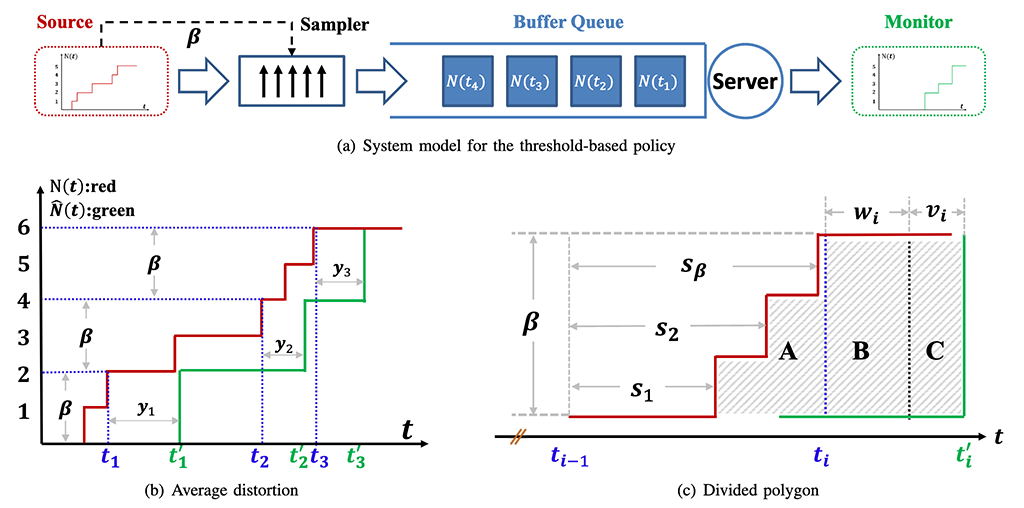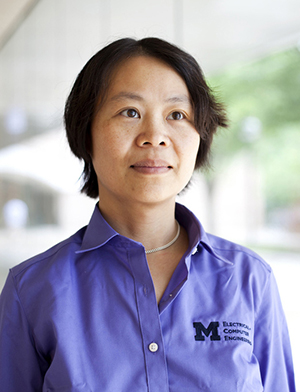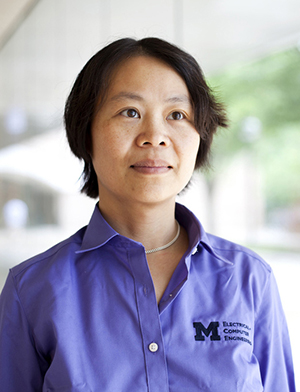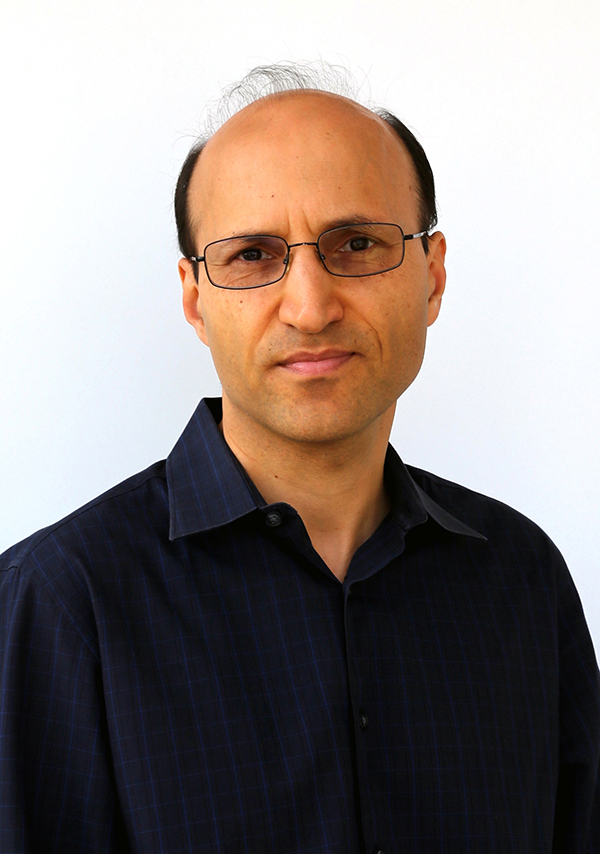News Story
Alumnus Rajiv Laroia honored with IEEE Alexander Graham Bell Medal
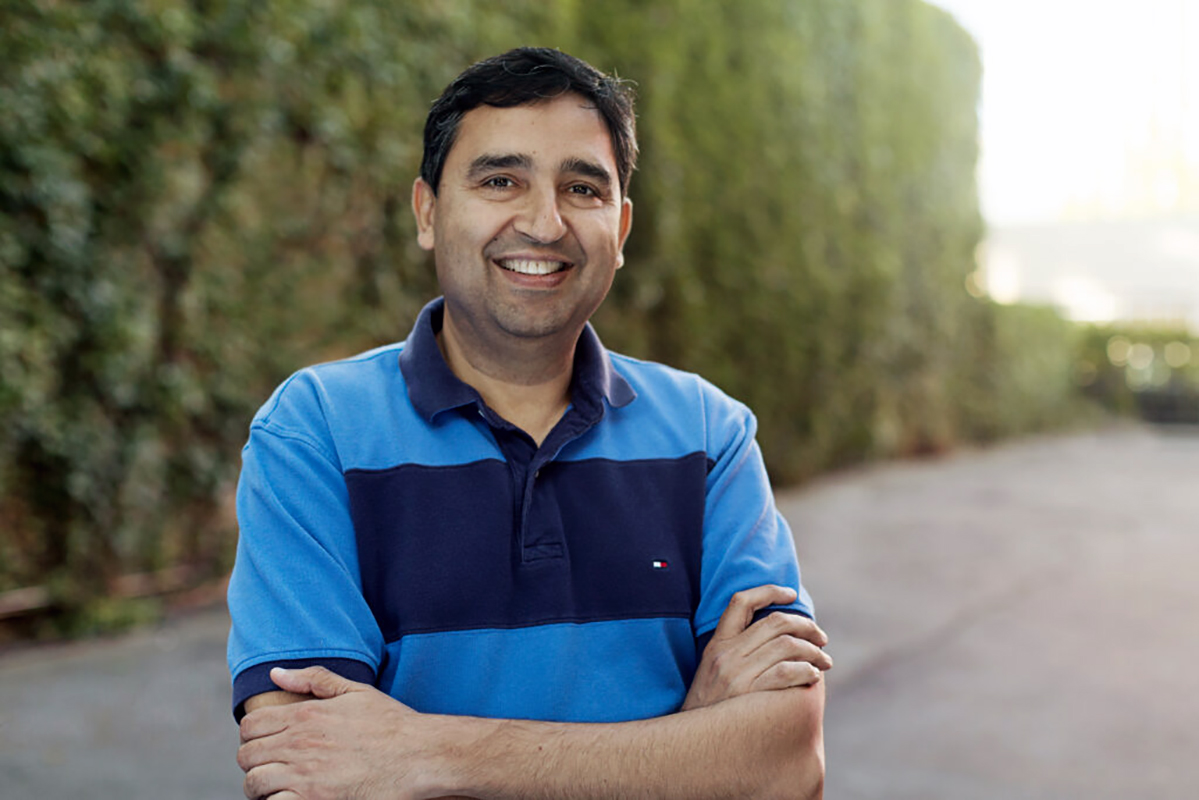
Congratulations to alumnus Rajiv Laroia (EE PhD 1992; EE MS 1989), the winner of the 2020 IEEE Alexander Graham Bell Medal, “for contributions to cellular wireless data systems.”
At the University of Maryland, Laroia was advised by Nariman Farvardin, a joint ECE and ISR faculty member who would later become ECE department chair, Dean of the A. James Clark School of Engineering, Senior Vice President and Provost of the University of Maryland, and President of Stevens Institute of Technology in Hoboken, N.J. (2011-present).
After receiving his Ph.D., Laroia worked as a technical staff member for AT&T Bell Labs and its successor Lucent Technologies Bell Labs for eight years. He then founded and was Chief Technology Officer (CTO) of Flarion Technologies in 2000. It was at Flarion where he developed the OFDMA broadband wireless technology (now LTE) for which this medal is being awarded. Flarion was acquired by Qualcomm in 2006, and Laroia became a senior vice president there. In 2011 Laroia moved to Sonus Networks before founding The Light Company in Far Hills, N.J. in 2013. Today he serves as its Founder and CTO.
Laroia served on the ISR Strategic Advisory Council from 2006–2009. He was inducted into the Clark School’s Innovation Hall of Fame in 2006 for “significant advances in telephone and mobile wireless communications.”
The IEEE Alexander Graham Bell Medal was established in 1976 by the IEEE Board of Directors to commemorate the centennial of the invention of the telephone. The medal provides recognition for outstanding contributions to telecommunications, and is sponsored by Nokia Bell Labs.
The medal is bestowed annually at IEEE’s Vision Innovation Challenges (VIC) Summit and Honors Ceremony in mid-May. This year, the ceremony was cancelled because of the novel coronavirus pandemic. Instead, honorees are being recognized through online promotions that showcase each recipient’s contributions and their role in advancing technology for the benefit of humanity.
The IEEE 2020 awards booklet notes the following about Laroia’s accomplishments:
“Rajiv Laroia’s development of Flash-OFDM was integral to transitioning cellular voice access systems to the wireless data access systems that have mobilized our access to the Internet via smartphones, tablets, and wireless modems. He realized that the nature of Internet data traffic demanded a redefinition of wireless connectivity and thus developed Flash-OFDM (fast low latency access with seamless handoff —orthogonal frequency division multiplexing).
“Unlike voice calls, which require a persistent but relatively low rate connection, Internet traffic requires intermittent bursts at high rates, and the system needed to be agile enough to quickly reassign air-link resources according to widely and rapidly varying traffic demands. The key to Flash-OFDM is that the overall channel resource is divided into very fine-grained time frequency slots that each user can access orthogonally without interference from another.
“Prior to Flash-OFDM, cellular wireless connectivity was circuit-switched. Laroia saw that the migration from cell phones to smartphones was creating capacity demand that could not be met by circuit-switched networks and developed a packet-switched architecture. In patented work, he described a wireless system in which terminals support various states of operation (on-state, hold-state, sleep-state, and access-state). In the hold-state a mobile device is put into a low-power, passive state to free up system resources and preserve battery life but can quickly transition into a communicating state.
“Other patented work addressed assigning resources by mapping active users to data resources so that users would not maintain an active uplink, fractional frequency reuse, and beacon signals that allow detection of hand-off candidates and timing correction at long range for efficient hand off between cells and across frequencies.
“These aspects of Flash-OFDM, plus many other concepts developed by Laroia and his teams, helped form the basis for the LTE and 4G systems that are powering today’s mobile broadband communications. An IEEE Fellow and recipient of the 2018 Eduard Rhein Technology Award, Laroia is the founder and chief technology officer of The Light Company.”
— Special thanks to Distinguished University Professor John Baras for this information.
Published May 14, 2020
